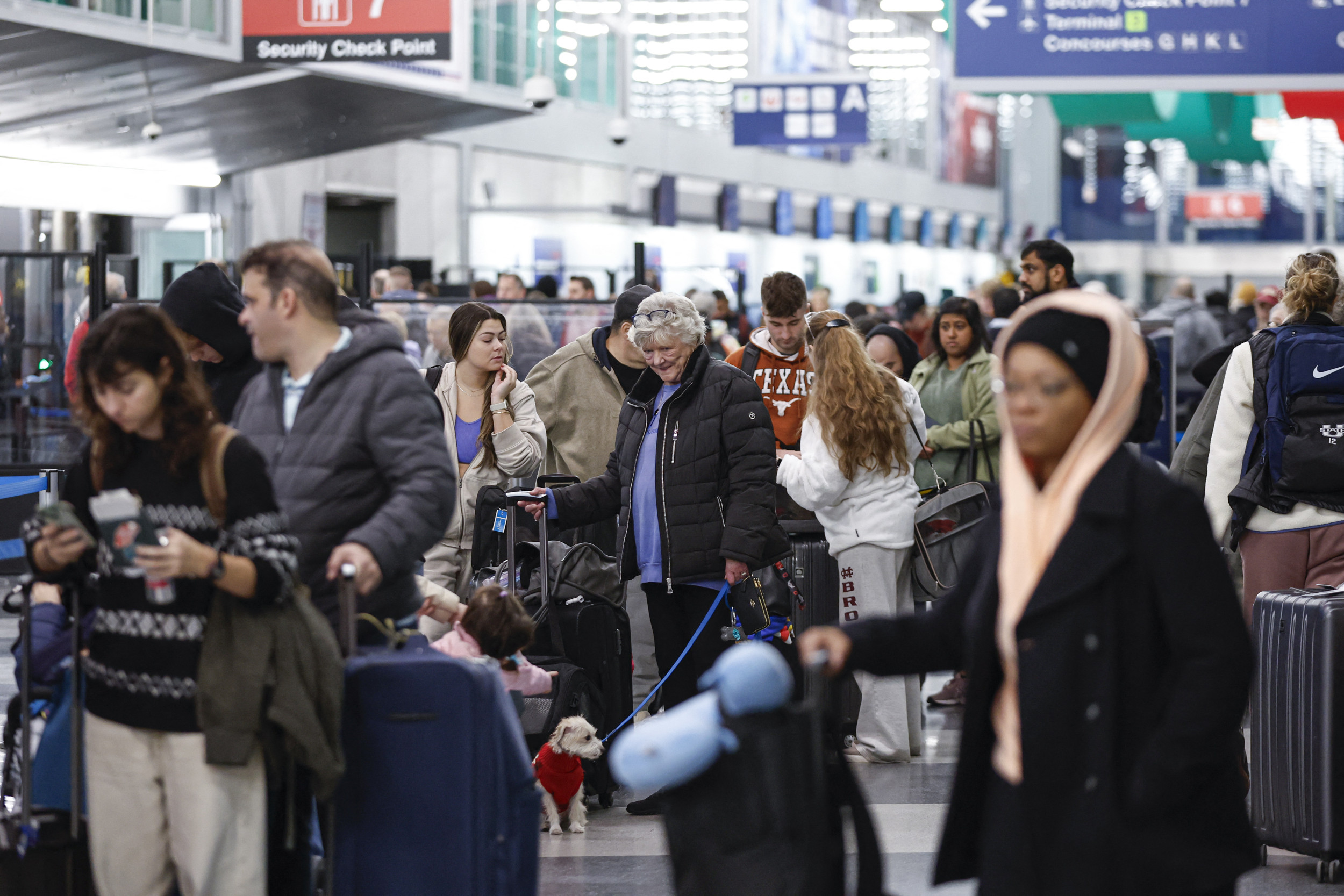Bussiness
How Fizz, an anonymous messaging app for Gen Z, tore a high school apart
Fizz touts itself as a private messaging app meant to be a judge-free zone for Gen Z to connect. But a high school in Vermont had a much different experience.
The app became available to the 1,300 students at Champlain Valley Union High School this May. Within weeks, an outcry from parents and faculty forced Fizz to “temporarily” remove access, according to The Wall Street Journal.
“It was really chaotic. You started to feel like you couldn’t trust anyone,” one student, Lio Miller, 15, told the outlet.
Miller is part of the school’s Dungeons & Dragons club. One student shared a picture of the club from the yearbook and called them “nasty.” Another student said that Fizz was advertised to them as a “gossip app.”
Fizz allows students at colleges and high schools to post anonymous messages on a private news feed. The app is introduced to campuses by students who register with Fizz and become ambassadors. Fizz is not affiliated with any educational institutions.
To gain access, students must use an email address associated with their school.
Two former Stanford students, Ashton Cofer and Teddy Solomon, launched the app in 2021 after noticing students struggling to connect during the COVID-19 pandemic. It’s now available at more than 240 colleges.
Oliver Hardt
“By the end of the Fall Quarter, over 80% of Stanford undergraduates had made Fizz their one-stop shop for campus life, including memes, events, meeting classmates, commerce, and just a place to speak their mind,” the app’s website says.
When Champlain Valley Union High School students downloaded the app, the messages were initially innocuous. But that didn’t last long.
The Journal reported that students uploaded pictures of their peers to mock their looks and disabilities. Some posts speculated about students’ sexual orientation, while others shared photos that suggested underage drinking or smoking.
Some posts also targeted faculty members, including Principal Adam Bunting, the outlet said.
Bunting told the Journal that students began reporting Fizz to administrators within hours of its launch. He described students arriving at the guidance counselors’ office in tears and having to convince one upset senior to finish the school year.
“I was shocked and dismayed by how quickly the app created harm,” he said, adding that some posts were written about him.
MANDEL NGAN/Getty Images
Fizz isn’t the first anonymous messaging app to rattle schools. Yik Yak launched in 2013 and found early success, but it became bogged down by instances of cyberbullying and harassment.
An April 2023 study by the McKinsey Health Institute found that more Gen Z respondents felt social media had a negative impact on their mental health compared to other generations.
Fizz’s website said the app is meant to be an “uplifting digital space for GenZ.” It has strict guidelines against bullying and harassment.
Solomon told the Journal that the Champlain Valley Union High School incident was an anomaly. He said 90% of high school and college users indicated that the app fostered inclusivity, leading to feeling connected.
“What happened at Vermont was an outlier,” he said.
Fizz echoed its anti-bullying sentiment in a statement to Business Insider.
“To confirm, we suspended the Champlain Valley Union Fizz community after working directly with school administrators,” the statement read. “Our mission is to combat loneliness for Gen Z, and we have a zero-tolerance policy for bullying on Fizz.”
Bunting, however, told Business Insider that Fizz encourages the wrong kind of sharing.
“Our student community spoke up after anonymous memes and posts on Fizz turned cruel,” Bunting said.”Fizz describes Vermont and our school as an outlier, and I agree with that sentiment —our kids have little tolerance for apps that seemingly encourage gossip.”








